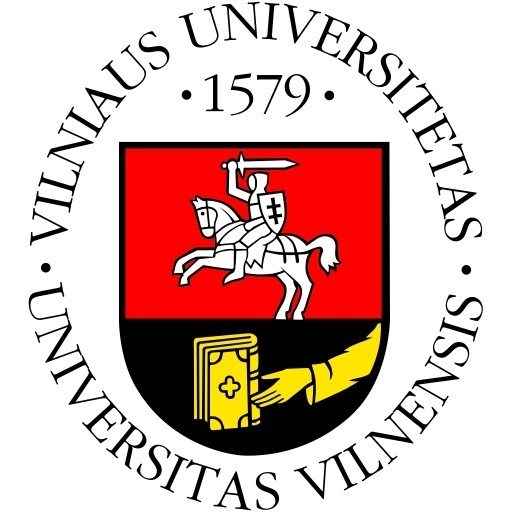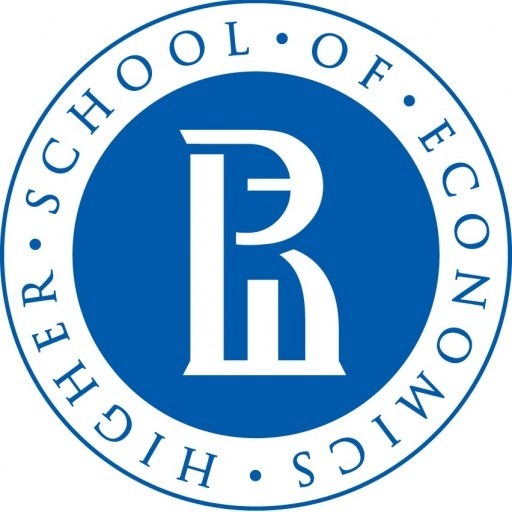Photos of university / #epflcampus
The Bachelor of Science in Mathematics at the Swiss Federal Institute of Technology in Lausanne (EPFL) offers students a comprehensive foundation in both pure and applied mathematics, preparing them for diverse careers in science, technology, academia, and industry. This rigorous undergraduate program is designed to develop analytical thinking, problem-solving abilities, and a deep understanding of fundamental mathematical concepts. Throughout the course of study, students engage with core areas such as algebra, analysis, geometry, probability, and statistics, while also exploring advanced topics like computational mathematics, mathematical modeling, and data analysis.
The curriculum emphasizes both theoretical understanding and practical application, ensuring graduates are well-equipped to tackle complex mathematical problems in real-world scenarios. Students benefit from state-of-the-art teaching laboratories, collaborative research projects, and access to a vibrant academic community that fosters innovation and intellectual growth. The program encourages interdisciplinary learning, allowing students to apply mathematical techniques to fields such as engineering, computer science, physics, and economics.
The program is structured to promote independent thinking, critical analysis, and effective communication of mathematical ideas. Students have opportunities for internships, international exchanges, and participation in research groups, which enhance their practical skills and global perspective. Upon completion, graduates are prepared for advanced studies in mathematics or related disciplines, or to enter the workforce in roles requiring strong quantitative and analytical skills. The Bachelor of Science in Mathematics at EPFL embodies a commitment to academic excellence and prepares students to contribute meaningfully to technological and scientific advancements.
Each year a wide range of advanced courses is offered, spanning the interests of researchers at EPFL. These range from formal lecture courses to working groups, and include intensive advanced seminars held away from the campus. The offerings are coordinated with mathematical activity elsewhere in Western Switzerland and more widely, and in particular with advanced courses and seminars organized as part of the doctoral programs at the universities of Fribourg, Geneva and Neuchâtel.
Credits and course registration
• During the course of his or her studies, each PhD student must earn at least 12 ECTS (credit units) before the final thesis defense.
• At least 4 credit units must be earned within the first year.
• For all courses taken, the PhD student must have the approval of the phd advisor. He or she must register by using the designated form.
Core courses
- Abstract Harmonic Analysis
- Additive Combinatorics
- Bayesian Computation
- Calcul des variations I
- Calcul des variations II
- Functional Data Analysis
- Groupe de travail en Calcul des variations III
- Groupe de travail en Calcul des variations IV
- Groupe de travail en Calcul des variations V
- Groupe de travail en Calcul des variations VI
- High Dimensional Approximation for PDEs with random parameters
- Introductory course about Spatial Statistics
- Multivariate Extreme Value and Max-Stable Processes
- Probabilistic Coupling
- Reduced Order Modelling of parametrized systems
- Some problems in the theory of simple groups
- Topics in geometric analysis I
- Topics in geometric analysis II
- Working Group in Algebraic Groups, I
- Working Group in Algebraic Groups, II
- Working group in Topology I
- Working group in Topology II
- Advanced Topics in Cryptology
- PhD candidates who have obtained a 4-5 year Master degree or an equivalent title and who have a strong background in mathematics, physics, computer science and/or related fields. Any applicant who has already completed a thesis in a similar or related subject to the field of mathematics is not admitted as a doctoral candidate at EPFL.
- Complete and submit the online EPFL Doctoral School application form, including three reference letters and academic records, before the application deadline. Please contact your three referees in time, to ensure that your application is complete before the chosen deadline. See application for precise instructions.
- If your native language is neither English nor French, we encourage you to take the TOEFL and submit your result as well. (Code EPFL : 3253)
- The program committee evaluates the completed applications. If your application corresponds to the requirements of our program, it will be directed to the potential PhD advisors in your field.
- You will be admitted to the doctoral program if and when a PhD advisor has agreed to accept you as a student. The beginning date will be discussed with your PhD advisor and depends on the availability of funds.
- This procedure takes about 2 months.
The Master’s Degree in Mathematics at the Swiss Federal Institute of Technology in Lausanne (EPFL) offers a range of financing options to support students throughout their studies. Most international and Swiss students rely on a combination of different funding sources to finance their education, including scholarships, student loans, part-time work, and stipends. EPFL provides various merit-based scholarships for outstanding students, which can cover partial or full tuition fees. These scholarships are often awarded based on academic excellence and can be renewable annually, contingent upon maintaining a high academic performance.
In addition to university-specific scholarships, students are encouraged to explore external funding opportunities from governmental agencies, private foundations, and international organizations. The Swiss government offers funding programs such as the Excellence Scholarships for international students, which cover tuition fees and living expenses in some cases. Students from specific countries may benefit from bilateral agreements or bilateral exchange programs, which sometimes include financial support.
Part-time work is another common way for students to finance their studies. EPFL’s location in Lausanne—a vibrant city with a variety of job opportunities—allows students to work part-time during their studies, often within the university or in the local community. International students may have restrictions on the number of hours they can work per week, which should be carefully considered when planning finances.
Students are also encouraged to seek scholarships and funding through their home universities or national agencies if they are international students. Many students benefit from combining multiple sources of support, such as personal savings, family contributions, external scholarships, and part-time earnings.
Furthermore, in some cases, students enrolled in the Master’s in Mathematics program may be eligible for stipends or research grants if they choose to participate in research projects or assist in teaching activities. These roles often provide a modest stipend to help offset living costs while gaining valuable academic experience.
Overall, financing a Master’s degree in Mathematics at EPFL involves exploring a variety of funding opportunities, carefully planning expenses, and leveraging university resources, external scholarships, and part-time work options. Students are advised to consult the official EPFL website and the financial aid office for detailed and up-to-date information on available scholarships, eligibility criteria, application procedures, and deadlines to ensure a smooth financing process throughout their studies.
The Bachelor in Mathematics at the Swiss Federal Institute of Technology in Lausanne (EPFL) offers students a comprehensive foundation in pure and applied mathematics, preparing them for diverse career paths in academia, industry, or further specialization through master's programs. The curriculum emphasizes fundamental concepts such as algebra, calculus, geometry, topology, probability, and statistics, while also introducing computational methods and mathematical modeling. Students are encouraged to develop strong analytical and problem-solving skills, enabling them to approach complex scientific and technological challenges. The program combines theoretical coursework with practical applications, often including research projects, seminars, and collaborative work. EPFL’s state-of-the-art facilities and close ties with industries and research institutions provide students with valuable exposure to real-world applications of mathematics. Moreover, the university fosters an innovative and multicultural environment, supporting students through dedicated tutoring, mentorship programs, and an active student community. Graduates of the mathematics bachelor’s program are well-equipped to pursue advanced degrees or enter fields such as data science, finance, cryptography, engineering, and software development. The program's structure typically spans three years, with coursework progressing from introductory topics to more specialized modules in the later stages. Additionally, students have opportunities for exchanges and internships abroad, enhancing their global perspective and practical skills. EPFL is renowned for its emphasis on research and technological innovation, which is reflected in its mathematics curriculum, aiming to produce graduates capable of contributing to scientific progress and technological development worldwide.









